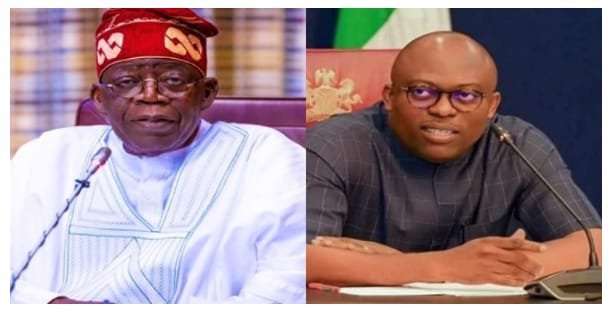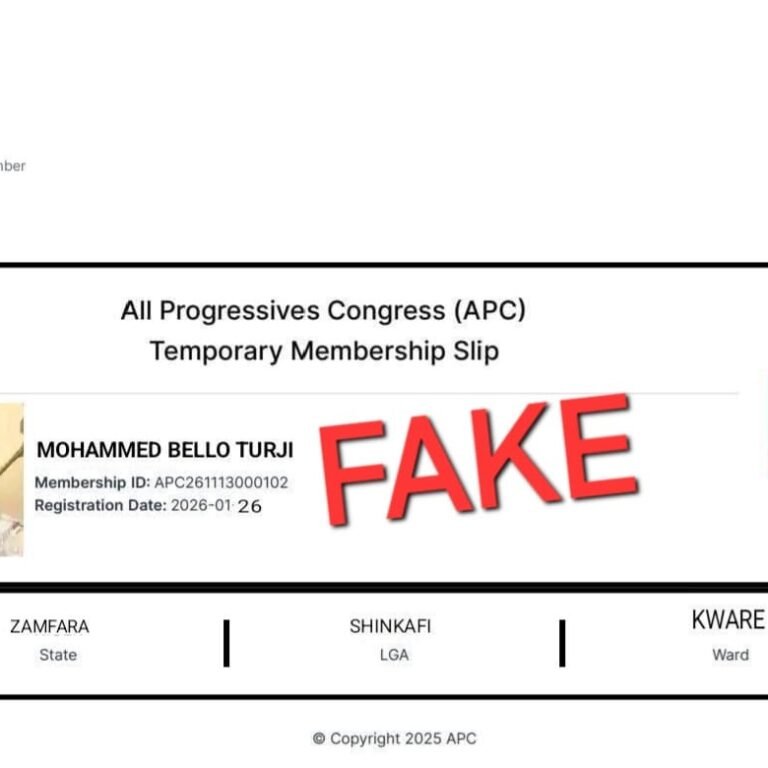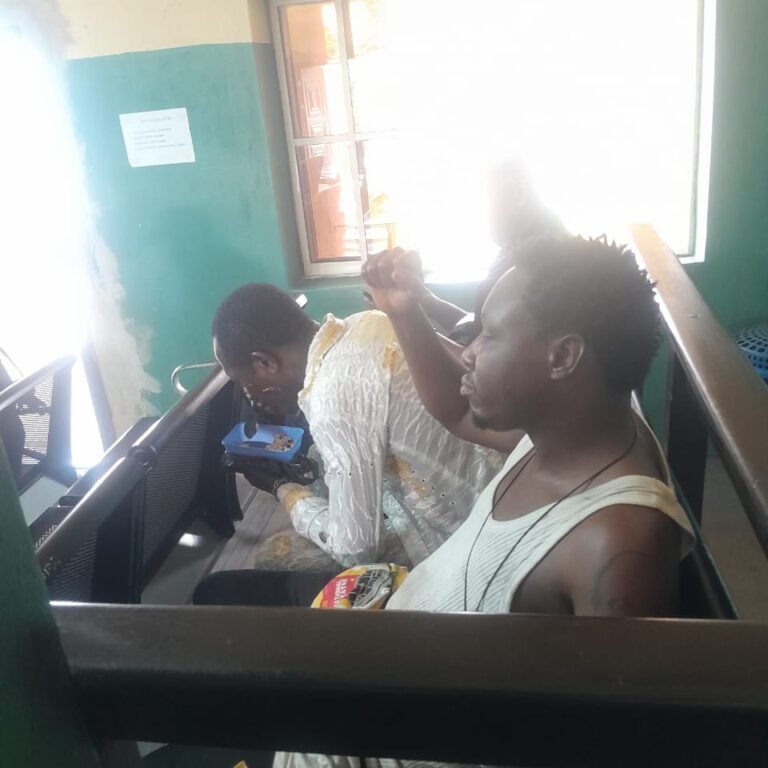
Eleven governors elected under the platform of the Peoples Democratic Party (PDP) have dragged President Bola Ahmed Tinubu before the Supreme Court over the suspension of Governor Siminalayi Fubara of Rivers State.
The governors are challenging what they describe as an unconstitutional use of executive power by the President, alleging that the suspension of a democratically elected government in Rivers State violates key provisions of the 1999 Constitution.
The legal action was confirmed by Dr. Festus Akande, Director of Information and Public Relations at the Supreme Court. The suit, marked SC/CV/329/2025, was filed by the governments of Adamawa, Enugu, Osun, Oyo, Bauchi, Akwa Ibom, Plateau, Delta, Taraba, Zamfara, and Bayelsa states.
The governors are asking the apex court to determine whether the President has the constitutional authority to suspend elected state executives and replace them with unelected administrators under the guise of a state of emergency.
Among the key issues raised is whether President Tinubu’s declaration of a state of emergency in Rivers State—which led to the suspension of Governor Fubara, his deputy, and the state legislature—contravenes Sections 1(2), 5(2), 176, 180, 188, and 305 of the Nigerian Constitution.
One of the governors’ central arguments is:
“Whether the President of the Federal Republic of Nigeria can lawfully suspend or in any manner interfere with the offices of a Governor and Deputy Governor of any of the 36 component states of the Federation, and replace them with his own unelected nominee as a Sole Administrator under the guise of a Proclamation of a State of Emergency.”
They also contend that the threat of suspending other state governments via emergency declarations undermines constitutional federalism and democratic governance in Nigeria.
It will be recalled that in March, President Tinubu suspended the Rivers State government, citing governance paralysis and political instability. The move sparked intense public backlash, with critics warning that it set a dangerous precedent for Nigeria’s democracy.
The case is now before the Supreme Court, and its outcome could have far-reaching implications for the balance of power between the federal and state governments







